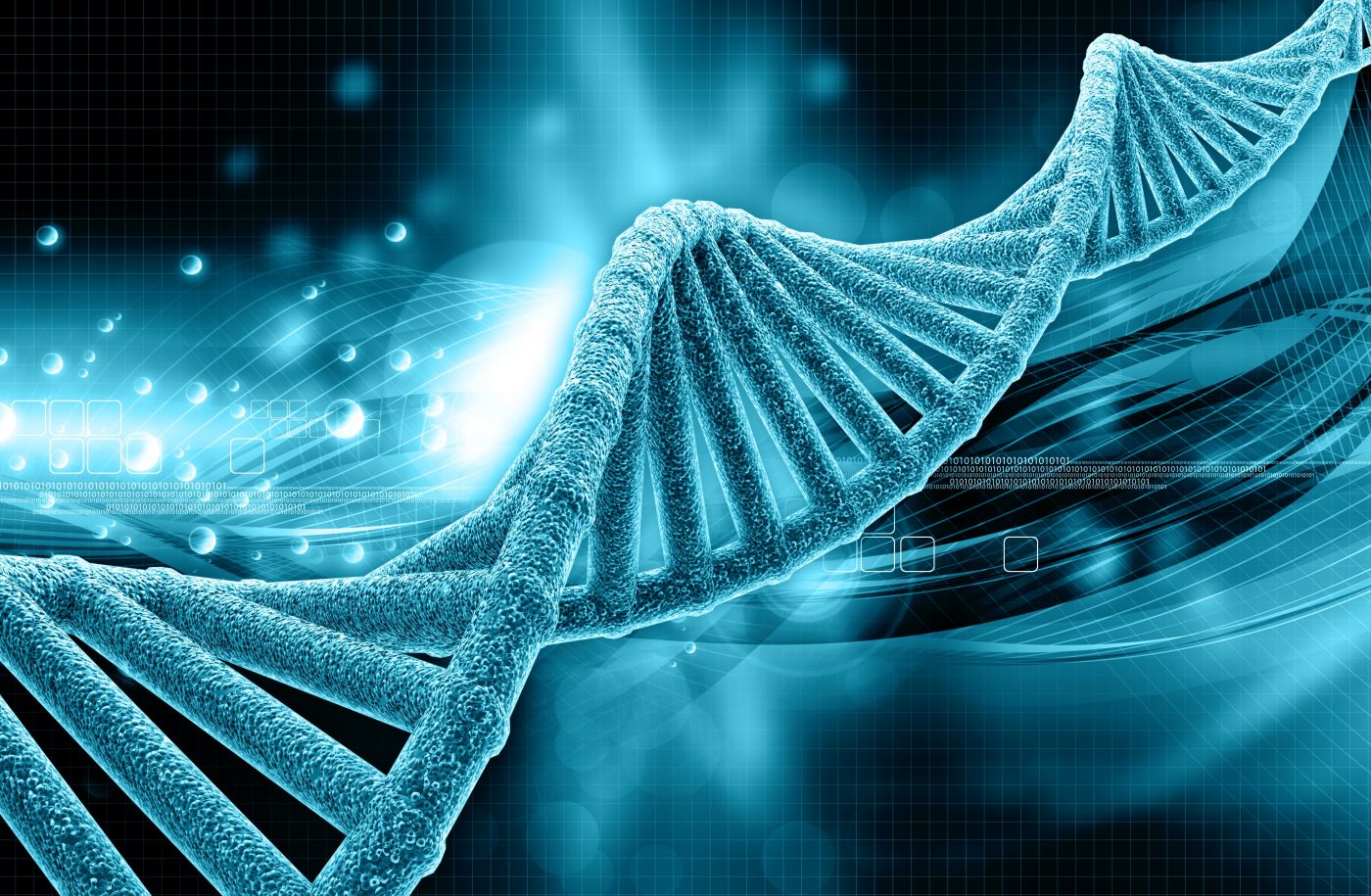Duchenne Muscular Dystrophy Also Involves Muscle Stem Cells
Written by |

Duchenne muscular dystrophy (DMD) is caused by mutations in the dystrophin gene expressed in differentiated myofibers. Researchers at The Ottawa Hospital and the University of Ottawa recently discovered that muscle stem cells also express dystrophin, affecting the generation of functional muscle fibers. Their discovery could revolutionize understanding of the disease and eventually lead to treatments that move a “lethal disease into a chronic but manageable condition.”
The study, entitled “Dystrophin expression in muscle stem cells regulates their polarity and asymmetric division,” was published in the journal Nature Medicine.
DMD affects about one in every 3,600 boys between the ages of 2 and 3, leading to progressive muscle weakness and, eventually, early death. The disease caused by mutations in the structural protein dystrophin was though to affect only muscle fibers. However, in the current study, researchers discovered dystrophin is also present in muscle stem cells, and once its expression is ablated, these cells generate 10-fold fewer muscle precursors and, consequently, less muscle fibers and weaker muscles.
“For nearly 20 years, we’ve thought that the muscle weakness observed in patients with Duchenne muscular dystrophy is primarily due to problems in their muscle fibres, but our research shows that it is also due to intrinsic defects in the function of their muscle stem cells,” Dr. Michael Rudnicki, senior author of the study, said in a press release. “This completely changes our understanding of Duchenne muscular dystrophy and could eventually lead to far more effective treatments.”
Importantly, researchers observed that in dystrophin-deficient stem cells there is a loss of polarity with abnormal division patterns, i.e., these cells lose their orientation in the surrounding tissue and are unable to react to damaged muscle fibers. “Muscle stem cells that lack dystrophin cannot tell which way is up and which way is down,” said Dr. Rudnicki. “This is crucial because muscle stem cells need to sense their environment to decide whether to produce more stem cells or to form new muscle fibres. Without this information, muscle stem cells cannot divide properly and cannot properly repair damaged muscle.”
Current treatments for DMD are limited to steroids and physical therapy, although gene therapy is being investigated as a viable alternative. These novel results suggest that gene therapy will have to target both muscle stem cells and fibers to overcome muscle weakness. “We’re already looking at approaches to correct this problem in muscle stem cells,” said Dr. Rudnicki. “I’m not sure if we will ever cure Duchenne muscular dystrophy, but I’m very hopeful that someday in the future, we will have new therapies that correct the ability of muscle stem cells to repair the muscles of afflicted patients and turn this devastating, lethal disease into a chronic but manageable condition.”





